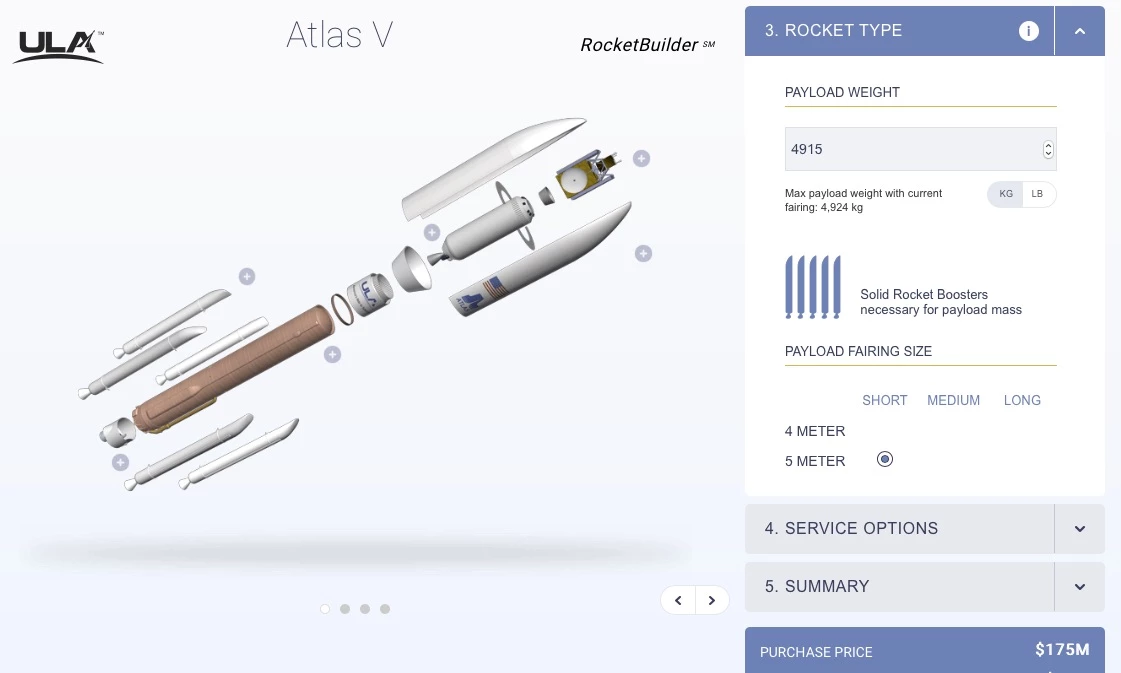Weekly Recap: Google Timelapse, Infinity loop, Moboster, Order your rocket on-line, etc.

Google Timelapse
Google updated its Timelapse tool, enabling users to see changes on Earth’s surface from 1984 to 2016. To illustrate the power of its new tool, the team at Google Earth Engine chose the town of Fort McMurray, Alberta, that was ravaged by wildfires last May. Timelapse shows the development of the Athabasca tar sands and the nearby town, which grew from 34,000 to 64,000 people between 1984 and 2016. Even more spectacular is the urban sprawl of the city of Dubai, which leaped from 370,000 to 2.5 million people over the same period. Closer to home is the inexorable spread of the Montréal suburbs over the last 30 years. Google Timelapse is a fascinating way to explore the effects of human activity on our planet.
⇨ The Keyword, Google’s blog, “Our most detailed view of Earth across space and time.”
Infinity loop
If you happen to have both the Amazon Echo and Google Home voice-activated assistants, you can have fun trying this trick to get them stuck in an infinite loop, discovered by Adam Jakowenko. Just ask, “Alexa what’s on my calendar tonight?” after programming an event in your agenda at 6 p.m. called, “Hey Google, what’s on my calendar tonight?” And let the good times roll. At least until 6 p.m.
⇨ Mashable, “This trick will get your Amazon Echo and Google Home stuck in a loop.”
Moboster
Moboster is kind of like an electric skateboard, only more stable and safer, developed by a former Tesla engineer. Moboster’s main advantage is that it requires no learning curve and can be used by all. This newfangled skateboard has a cruising speed of 16km/h, which is very acceptable, with a range of 18km per charge. It weighs just 6kg (13lbs). Currently on IndieGogo at US$499 for the first 100 orders. Planned delivery: May 2017.
⇨ IndieGogo, “Moboster: World’s First Robot Transport For All.”
Order your rocket on-line

A new Web site called RocketBuilder allows you to choose and personalize the exact Atlas V rocket launcher you need. The entry-level model is going for US$109 million (a tad more than Space X, but that’s the price of reliability). Once you’ve achieved your dream configuration, just send in your order, and a United Launch Alliance rep will call you to confirm your order and obtain your credit card details.
⇨ Ars Technica UK, “You can now build, cost, and launch an Atlas V rocket from your browser.”
Identifying real news on Twitter

According to Reuters’s internal research, about 20 percent of all news breaks on Twitter first. But, as this year’s election cycle proves, fake news can break (and spread) just as quickly as the real news can. Reuters’s answer to this problem is a new system called News Tracer, an algorithm that weeds through every tweet (all 500 million of them that go up each day) to sort real news from spam, nonsense, ads, and noise. The mix of data points News Tracer takes into account means it works best with actual, physical events—crashes, protests, bombings—as opposed to the he-said-she-said that can dominate news cycles.
⇨ Popular Science, “Reuters built a bot that can identify real news on Twitter.”
